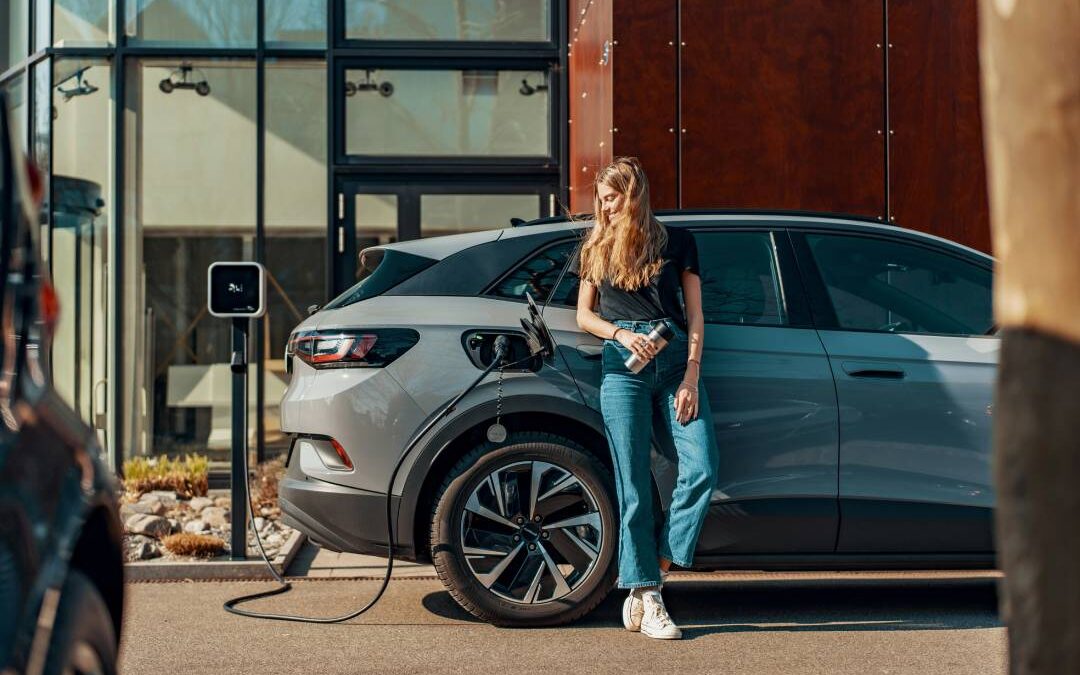Hyundai and Kia Partner with Exide for Local EV Battery Production in India
Hyundai and Kia aim to localize their EV battery production in India, with a particular focus on Lithium-iron-phosphate (LFP) cells.
South Korean automotive giants Hyundai and Kia have joined forces with Exide Energy Solutions Ltd, a leading Indian battery manufacturer, to localize electric vehicle (EV) battery production in India. This strategic partnership signifies a major step towards bolstering India’s EV ecosystem and strengthening Hyundai and Kia’s presence in the rapidly growing Indian EV market.
The partnership was announced through a Memorandum of Understanding (MOU) signed between the companies. Hyundai and Kia aim to localize their EV battery production in India, with a particular focus on Lithium-iron-phosphate (LFP) cells. LFP batteries offer advantages like lower cost and improved stability compared to traditional lithium-ion batteries, making them well-suited for the Indian market.
“This strategic move will position Hyundai and Kia as pioneers in applying domestically produced batteries in their upcoming EV models for India,” a statement from Hyundai Motor Group said.
Localizing battery production is crucial for achieving cost competitiveness in the Indian EV market. “Through this collaboration with Exide Energy Solutions Ltd., we will gain a competitive advantage by equipping our future EV models in India with locally produced batteries,” Heui Won Yang, President and Head of R&D for Hyundai and Kia, said.
This partnership marks the beginning of a broader effort by Hyundai and Kia to expand their presence in the Indian EV market. The collaboration extends beyond just battery production and includes battery development, supply chain management, and potential future partnerships.
Hyundai Motor India has already announced plans to launch a high-volume electric vehicle model in 2025, adding to their existing offerings like the IONIQ5 and Kona electric cars. Kia India also boasts an electric vehicle in their lineup, the EV6.
Exide Industries Ltd., a household name in India with over 75 years of experience in lead-acid batteries, established Exide Energy Solutions (EES) in 2022. EES brings its expertise and manufacturing capabilities to the table, focusing on Lithium-ion cells, modules, and packs specifically designed for the electric vehicle market.
Kia to Launch Carens EV by 2025
Kia Motors has unveiled exciting plans to introduce the Carens EV, a significant addition to its electric vehicle (EV) lineup in India. This news comes after Kia’s CEO, Ho Sung Song, confirmed the company’s intention to launch six new EVs globally by 2026, including region-specific models tailored for specific markets. The Carens EV is poised to be a game-changer in the Indian EV space, potentially becoming the most affordable electric MPV (multi-purpose vehicle) available in the country.
Currently, the BYD E6 holds the title of the most affordable electric MPV in India, with a price tag of Rs 29.15 lakh. The Carens EV’s arrival could disrupt the market by offering a potentially lower price point while catering to the growing demand for spacious and practical electric vehicles.
Details regarding the Carens EV’s powertrain remain undisclosed. But Kia has hinted at a driving range of up to 500 km on a single charge – a figure that would put it on par with many leading electric SUVs. The possibility of all-wheel-drive (AWD) variants with extended range and larger battery capacities suggests Kia is catering to a diverse range of consumer needs.
Kia’s stated goal of equipping over 63% of its models with advanced driver-assistance systems (ADAS) by 2026 suggests the Carens EV might be equipped with features like automatic emergency braking, lane departure warning, and adaptive cruise control, further bolstering passenger safety.
Read More
The Price War on Batteries to Reduce the Cost of EVs

